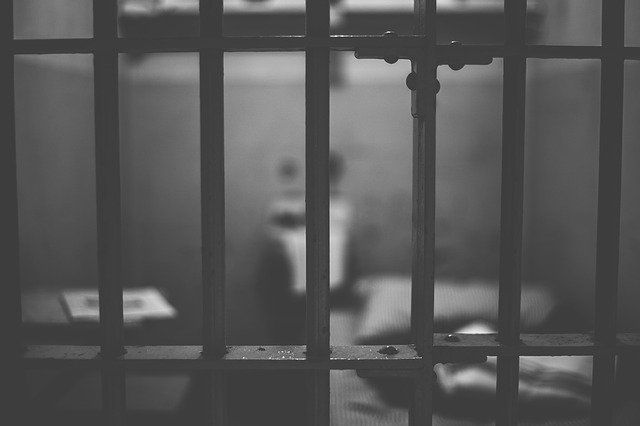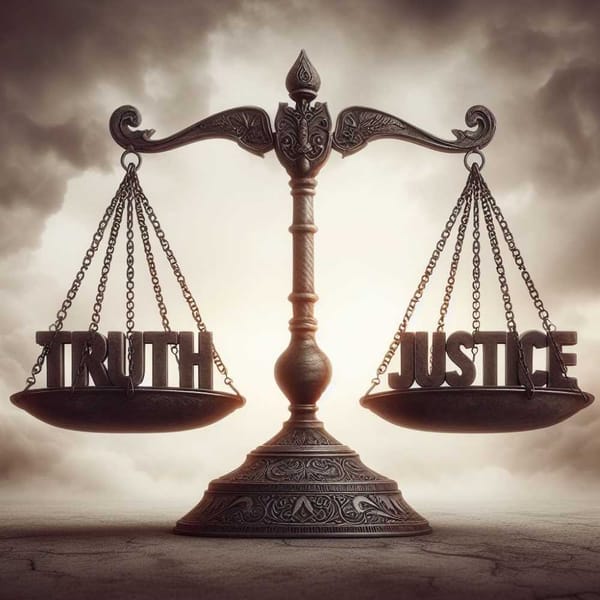Organized crime in Mexico ranks fourth in the world
Drugs such as cocaine and synthetic drugs, in addition to human trafficking, are among the characteristics of the operation of crime in Mexico.

What does Mexico have in common with countries like the Democratic Republic of Congo, Colombia, Myanmar, or Nigeria? They are the nations with the highest crime rates in the world. The report, prepared by the Global Initiative against Transnational Organized Crime, reveals that Mexico ranks fourth in the world in terms of crime.
And this place is obtained by illegal activities related to drug trafficking, but also, activities related to this illicit are exercised. On a scale of one to 10, Mexico has a rating of 7.57, behind Congo, which receives 7.75, Colombia with 7.66, Myanmar with 7.59, and followed by Nigeria with 7.15, and Iran with 7.10.
The indicator warns that in most of the nations where crime is high, they focus their efforts on solving other problems less social, economic, or institutional security. And that has led Mexico to have a high crime rate and a low level of resilience, unlike other nations.
On crime indicators, Mexico accumulates a high score on issues such as cocaine and synthetic drugs trafficking, where it reaches a nine, followed by human smuggling with 8.50 and then with arms, heroin, and marijuana trafficking, with a score of 8. Mexico also receives high marks for crimes such as human trafficking, crimes against flora and fauna, and non-renewable resources.
Organized crime is characterized, according to the study, by mafia-style groups with criminal networks, links to state-related actors, and, to a lesser extent, foreign actors. With these indicators, Mexico ranks fourth in the world in terms of crime, second in the Americas, and first in Central America.
On the other hand, in the resilience indicator, that is, the capacity to overcome its problems and overcome them, Mexico is one of the most backward countries. It ranks 112th out of 193 countries evaluated worldwide, 24th out of 35 in Latin America, and third out of eight countries in Central America.
Organized crime controls up to 35% of Mexico: U.S. Northern Command
Organized crime controls between 30 and 35% of the territory in Mexico and that is one of the reasons for the increase in the number of migrants arriving each day at the southern border of the United States. This was stated by General Glen VanHerk, head of the U.S. Northern Command, in a conference at the Pentagon in which Craig Faller, head of the Southern Command, also participated and in which they spoke about the main threats facing the country.
In the question and answer session, Faller assured that there is a "crisis in Central America", considering the violence and insecurity in the region. VanHerk was questioned on whether there is a crisis on the southern border of the United States and said, "I'm not going to get into the politics of whether to call it a crisis or not," but said he was focused on having "a secure border and knowing who is coming." However, he acknowledged that the passage of hurricanes "Eta" and "Iota", the coronavirus pandemic, as well as the "instability created by transnational criminal organizations", are "indicators" of why people "leave Central America, South America, and Mexico to come to our nation".
VanHerk detailed that "drug trafficking, migration, human trafficking, all are symptoms of transnational criminal organizations that operate often in ungoverned areas: 30-35% of Mexico, and that is what is creating some of the things we face at the border." He stressed that the United States needs to focus on that problem.
"It's a national security imperative" that he explained, must be addressed from a Homeland Security defense perspective because "it creates potential vulnerabilities and opportunities for actors around the world. You've heard me talk about Chinese influence. The same thing happens when you have ungoverned areas, instability, and potential governance failures that China, Russia, and other nations will try to exploit and it happens here, in our neighborhood, in our hemisphere."
How organized crime is breaking into Mexico's election campaign
Since September, 66 politicians have been assassinated in Mexico. Pressure from drug traffickers and other gangs also include kidnappings, house burnings, and financing of candidates, according to the government, which denounces the existence of an "organized crime party".
Mexicans will elect on June 6 500 federal deputies, 15 of 32 governors, 30 state congresses, and thousands of mayors and other local officials. According to authorities, 66 politicians have been murdered since September, including two last Thursday: Yuriel González and Melquiades Vázquez, mayoral candidates in the states of Chihuahua (north) and Veracruz (east).
Criminals "seek to strengthen their operation by intimidating and increasing their political influence," denounced Security Minister Rosa Rodríguez, when she announced last week a plan to protect candidates for parliamentary and regional elections. Rodriguez added that in some places criminals "designate" aspirants to control budgets and extort governments and their suppliers. In this context, Ignacio Sanchez, pro-government candidate for mayor of Puerto Morelos, neighboring the tourist resort of Cancun (east), was murdered on February 24.
"He was a well-liked guy, he walked alone, not like those linked to organized crime who walk around with bodyguards. It was a political crime. It was clear he was going to win," a close friend told AFP on condition of anonymity. Sanchez, 42, had told people close to him that an opponent "was offering five million pesos (about $239,000) to whoever killed him," the source added.
Mexico is home to a dozen drug trafficking organizations and other gangs dedicated to fuel theft, retail drug sales, and migrant smuggling, among other crimes. The Jalisco Cartel - New Generation, the Sinaloa Cartel, and a new branch of the Juarez Cartel "are trying to sponsor candidates," says Anabel Hernandez, author of the book "Los señores del narco" (The Lords of the Narco).
The 2018 election campaign, in which the leftist president was elected, was the bloodiest since the Revolution (1910-1924) with some 700 assaults on politicians, of which 152 were killed (including 48 candidates), according to a study by the consulting firm Etellekt. Political violence "continues to be entrenched at the local level", added the firm, which emphasizes that no person has been arrested for the homicides committed in the current race.
Behind the trail of blood is the organized crime's attempt to "place mayors who guarantee them impunity to operate at the local level," according to Gerardo Rodriguez, a security expert at the Autonomous University of Puebla. But there are also "political bosses" who "use violence because they see their power threatened," said Rodriguez.
Along the same lines, Rubén Salazar, director of Etellekt, observes that the phenomenon "has been growing as the processes of alternation have advanced" in Mexico, especially since 2000 when the Institutional Revolutionary Party (PRI) lost the presidency after ruling for seven decades. For Salazar, that year "a system of vertical control exercised by the president" down to the local level "was disrupted. So "when the mayors began to have the power to designate their candidates, the murders began to increase," Salazar explains.
Etellekt points out that most of the politicians killed in the current election period "belonged to parties opposed to the state governments". The Association of Local Authorities of Mexico documented 192 murders of mayors, former mayors, and local politicians between 2006 and July 2020.
Sources: Noroeste




